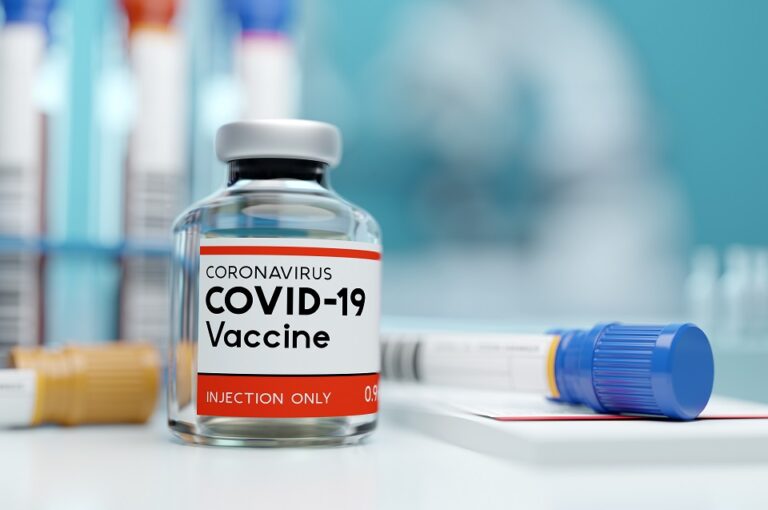
Coughing is a routine bodily function, but when it lasts for an extended time, it can get in the way of everyday life and be worrying. A chronic cough can be wet and produce phlegm or dry and tickle the throat. Got a chronic cough that just won’t go away? One of these medical reasons could explain what’s going on.
Acid reflux
Gastroesophageal reflux disease causes stomach contents to leak backward into the esophagus. Typically this causes heartburn, but in some cases, it could also trigger persistent coughing and wheezing. “Components of acids that are supposed to stay in the stomach come up through the esophagus and trigger a cough from the underside of vocal cords,” says Jason Turowski, MD, pulmonologist from Cleveland Clinic.
Worsened allergies
Irritants in the air during spring or fall cause seasonal allergies in many people. If your usual allergy symptoms have gotten worse or aren’t responding to your usual medications, your underlying allergies might have gotten worse and require different treatment, says Albert Rizzo, MD, FACP, FCCP, senior medical advisor to the American Lung Association. “A doctor might suggest inhaled steroids to help control the airwaves,” Dr. Rizzo says.
Two infections
If you thought you were over a virus but your cough isn’t getting any better, you might have developed a second infection. “Someone who has a cough or runny nose and suddenly has green drainage might have a bacterial infection on top of it,” Dr. Rizzo says. Check with your doctor, who might prescribe antibiotics.
Post-virus cough
After a virus, some people develop a cough that sticks around because their airways overreact to a virus. The smooth muscle tissue lining the airways clamps down and traps secretions in the wrong place, Dr. Turowski says. “Anybody and everybody, after a severe respiratory condition, can develop a chronic cough,” he says. “Sometimes it comes out of the blue.”
ACE inhibitors
Taking ACE inhibitors for high blood pressure could cause a cough, likely because they disrupt histamine pathways and inflame airways in some people, Dr. Rizzo says. Even if you’ve been taking the medication for a while, check with your doctor to see if it could be causing your cough. “You can develop a cough sometimes early on after you start the medication, and sometimes after a number of months,” Dr. Rizzo says.
Beta blockers
Not only does your heart have beta receptors, but your airways have them, too. “If activated by beta blockers, lungs can clamp down, and when they restrict, they cause a cough,” Dr. Turowski says.
Poor air quality
Persistent coughing is most common in people who live in cities or near a lot of air pollution. But working in an old office space for years could also start to irritate your lungs. “Sometimes people in old office spaces or dirty, dank environments where mold or mildew builds up…develop an allergic, infectious kind of cough,” Dr. Turowski says.
Lung scarring
Up to 40 percent of people who have rheumatoid arthritis also have pulmonary fibrosis, a lung disease that scars lung tissue, according to the National Institutes of Health. Rheumatoid arthritis is a systemic connective tissue disease, which means it can damage the lungs and lead to persistent coughing, Dr. Turowski says. In fact, a cough might be the only early symptom of pulmonary fibrosis, Dr. Rizzo says. “It’s difficult to detect but involves a dry cough that persists for a number of months,” he says.
Miscommunication from the nervous system
In rare cases when there doesn’t seem to be any other explanation, the nerves might be sending the wrong information to the lungs, triggering a cough. “There’s some discombobulation and disregulation in feedback with the nerves and the delicate respiratory system,” Dr. Turowski says.
Difficulty swallowing
If you feel like you’re choking when eating or talking, swallowing problems might be behind your persistent coughing. Dr. Rizzo suggests visiting a speech therapist or practicing swallowing exercises.

























